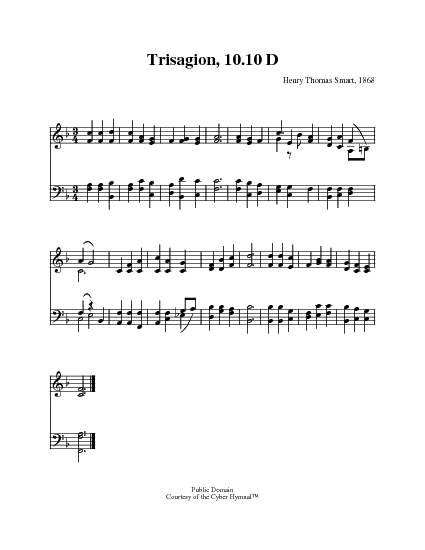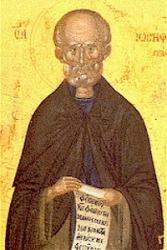Stars of the morning, so gloriously bright. St. Joseph the Hymnographer. [St. Michael & All Angels.] In the Paracletic there are several Canons of the Bodiless Ones, and all are of an ornate character. In Dr. Neale's Hymns of the Eastern Church, 1862, these stanzas appeared with the following title and note:—“Stars of the Morning. A cento from the Canon of the 'Bodiless Ones.' Tuesday in the Week of the Fourth Tone." 'In omitting the opening line of the Greek, Dr. Neale, doubtless, intended it to be understood, that he had followed the spirit rather than the letter of the original. In fact, there is no attempt to reproduce the sequence of thought as set forth in the Canon, although the ornate character of the original is imitated. Since the adoption of Dr. Neale's translation for congregational use, in H. J. Palmer's Supplemental Hymnal, 1866, the People's, 1867, Hymns Ancient & Modern, 1868, and others, it has become most popular, and is found in a large number of hymnbooks. The texts in use, however, vary considerably. Dr. Neale's authorized text is in the third edition of the Hymns of the Eastern Church, 1866. The original Greek Canon is found in modern editions of the Octoechus.
-- John Julian, Dictionary of Hymnology (1907)


 My Starred Hymns
My Starred Hymns






